03 Jan Album of the Year #19: Buddy – Superghetto
Artist: Buddy)
Album: Superghetto
Listen:
Background
Your average kid doesn’t get signed by The Pharrell Williams at the age of 15, but young Simmie Sims, better known as Buddy, did just that. In 2008, Pharrell heard Buddy freestyle over Craig Mack’s “Flava In Ya Ear,” and was impressed. He signed him to his label, I Am Other, and in an interview following the signing, Pharrell had high praise for Buddy, saying that “he’s on his way to being one of those super special artists.” Buddy saw little mainstream success during his tenure on I Am Other, but he worked hard to hone his craft under Pharrell’s guidance. He ditched the Pharrell affiliation in 2017 to release “Shine,” which turned out to be his most successful single up to that point. 2018 saw him release his commercial debut album, titled Harlan & Alondra. This album finally brought Buddy success, and since then he’s been able to keep his momentum, putting out a collaborative mixtape with Kent Jamz as well as several features. In 2022 he released his second studio album; titled Superghetto, this LP sees Buddy reaching new artistic heights. It is my 2022 Album Of The Year.
In 2011, Buddy released his first single, “Awesome Awesome”. It’s a product of its time, to say the least; on it, Buddy does his best Big Sean impression over the chintzy hi-hats and gaudy snare rolls that defined this era of rap. His bars are unrefined, but within them lie Buddy’s most valuable trait: fun. When he signed with Pharrell, he made it clear that he valued fun, telling XXL Magazine that he was “really trying to put out a bunch of good music that’s positive and stay fun.” You can tell that’s what he set out to do with “Awesome Awesome,” from the goofy inflections to the over-the-top adlibs, to amusing lines like “my flow goes all night boys, make white boys go surfing.” Though the rapping may have been subpar, these entertaining elements still made the song enjoyable. On Superghetto, Buddy prioritizes a fun listening experience — only now he has the lyrical chops to elevate his music to a much higher level of quality. In the same breath, however, he’s not afraid to delve into deeper subject matter, and a more mature Buddy has the technical skill and self-awareness necessary to make an impact when doing so. He himself describes the album as “vibrant, but still positive, but can get negative, if need be.” In just ten tracks, Superghetto showcases impressive emotional capacity and versatility from the Compton rapper, but good vibes and entertaining songwriting are what define this album.
Review
Superghetto starts with a public service announcement. “I need all the hoochie mamas to report to the dance floor. Holla at ya boyyyyyyy,” Buddy facetiously declares at the outset of the album opener, titled “Hoochie Mama.” Here we hear Buddy rapping over a dark, menacing beat that also features bouncy, danceable west coast percussion that you can’t help but nod your head to. This percussion is the first hint that this is not just an album made by a guy from Compton, but an album made more or less by Compton. Having grown up and developed his musical talents in Compton, it’s clear that the city is a large part of Buddy’s identity, and that shines through in his music. If Superghetto’s constant references to the region aren’t enough to show his SoCal affiliations, its production will do so more than adequately; from west coast hip hop bangers such as this track, to tobi lou inspired production, to even some surf-rock influenced cuts, the California sound runs deep throughout the album. Back to the track at hand, Buddy assumes an uber-confident, no-fucks-given attitude on “Hoochie Mama”, as he raps about “ghetto shit” like running from the cops and getting with women from nearby Tragniew and Piru. Those aren’t my words — they’re his. When asked about this track, he said that he made it to “bait people in with the ghetto shit.” He knows that people see an album called Superghetto and expect a certain type of music, but after this song, the album subverts that, to provide what Buddy describes as “music that they don’t expect, but still love and don’t even know that they need in their lives.” That all being said, this is still one of the album’s highlights. A track this cold-blooded and entertaining should be appreciated, even if it doesn’t precisely fit into what the rest of the album is doing. It has its place on the LP and plays its role excellently.
From there the album moves onto “Ghetto 24” featuring Buddy’s frequent collaborator Tinashe. Tinashe here acts almost as more of a sample than a feature, crooning out haunting vocal lines over Buddy’s verses and sharing his space on the chorus. If the previous track was a glorification of the ghetto lifestyle, this track is made to show its dark realities. He starts the song of as so:
“Blood stains on my clothes from fallen bros
He sobbin’ while his body goin’ cold on hallway floor
Just another ghetto 24, shit, I suppose”
These opening lines are a powerful, eloquent representation of the violent deaths that he has witnessed living in Compton. “Just another ghetto 24” shows how Buddy has become so accustomed to tragedies such as these that they no longer shock him. His flat, disaffected delivery serves to further represent this desensitization. Later in the song, Buddy raps that even though he now has the wealth to avoid the pitfalls of the ghetto, he finds difficulty separating himself from that lifestyle. “Eatin’ fried chicken with chopsticks,” as he puts it. He does this over militant percussion not dissimilar to that of Kanye West’s “Jesus Walks,” accompanied by pensive, muted chords that match the song’s vibe. Buddy’s irrevocable connection to Compton is complicated, and this song demonstrates that. He has said before that he sees his hometown as “dirty, ghetto as hell,” and a “place that nobody wants to be,” but also that that is who he is. “I am super ghetto,” he says. This song reveals why Buddy doesn’t see Compton as a perfect home; still, he knows he would not be who he is today if it weren’t for his hometown. Buddy’s versatile and complex songwriting is on full display here; to go from a more fun track like “Hoochie Mama”, to such a thoughtful piece as “Ghetto 24”, is quite impressive. Furthermore, this song is important in establishing Buddy’s ability to tackle deeper subject matter.
“Black 2” was released as a protest song back in June of 2020, amidst the nationwide racial justice protests following the passing of George Floyd. It is the sequel to “Black” featuring A$AP Ferg off of Buddy’s debut LP, Harlan and Alondra. “Black 2” expands on that track’s theme, talking about how white people idolize certain aspects of black culture while ignoring the issues that black people face. Much of this song details ways in which black culture gets appropriated by non-black people. Here’s an example:
“Everybody tryna get dreads and shit
But they ain’t African
All the light girls gettin’ a tan so they can darken they skin.”
This lyric demonstrates society’s desire to adopt specific black traits that are seen as admirable while casting aside the rest. On this track, Buddy’s repetition of certain phrases in this song, namely “it’s a black thing,” and “everybody wanna be black, but ain’t nobody wanna be a n***,” are reminiscent of the rhetorical repetition famously used by the activist speakers of the American civil rights movement, which I think is pretty cool. “Ain’t nobody wanna be a n****,” serves as Buddy’s “I have a dream” on this cut. Interestingly, Buddy still achieves *Superghetto’s main goal on “Black 2”; despite the serious topic at hand, he succeeds in creating a fun listening experience. From the tongue-in-cheek, singsongy chorus, to his quick, catchy flows, to the thumping syncopated bassline, Buddy makes a sound that can connect with the listener independently of the song’s message, allowing the potent lyrical themes to be absorbed by the listener that much more effectively.
As I mentioned earlier, Superghetto sees Buddy dabble in surf rock. “High School Crush” and “Bad News” are the two songs where he does so, and he approaches the two tracks in very different ways. “Bad News” is a breezy 80s inspired thriller, reminiscent of Billy Idol’s earlier work. With its pick-bass driven beat and ambient guitar work, it invokes a different style of 80s music than the synth-pop that artists like The Weeknd and Dua Lipa have repopularized. “High School Crush,” on the other hand, is a track that is faster paced, but also more laid back, than “Bad News.” Like “Bad News,” this track is heavily driven by a prominent bassline and melodically held together by airy guitars, but while “Bad News” is written as an exciting story of Buddy running from the law, “High School Crush” is a relaxed, content story of young love. Lines like “Lend me your heart, let down your guard, let’s gaze at the stars,” describe a giddy infatuation that you can’t help but smile at. The way Buddy sings on these tracks reminds me of Aminé; he’s no vocal prodigy, but he hits the notes he needs to hit, and what he lacks in vocal polish, he makes up for in personality and passion. These tracks keep the album fresh, and give Superghetto a versatility that stands out from this year’s other releases.
The last song I want to mention is “Ain’t Fair.” No song in 2022 was this creative, lyrically compelling, and included such a killer instrumental, courtesy of Outkast collaborator Organized Noize. Well, there was one song, actually, and that is Steve Lacy’s “Bad Habit,” but “Ain’t Fair” takes my spot as the second best song of the year. On this track, Buddy goes into great detail about the ways in which he struggles to cope with life in the spotlight. When you make a song with that premise, you run the risk of appearing ungrateful or out-of-touch, but Buddy is smart enough to avoid that pitfall. In the first verse, he raps about topics like having to ditch old friends who hold him back, being unable to trust his peers, his inability to kick bad habits that he developed living in the hood, and his abuse of substances to cope with it all. The descriptive imagery that he delivers, the stories, the emotions, pile up in this monster, 80 second verse, until he reaches the chorus, where Buddy’s frustration reaches a peak, and all he can do is cry out that this complicated life just ain’t fair. After a second verse, the instrumental shifts, going from bass-driven with a dynamic cymbal groove to something more ambient, with twinkly pianos and disembodied vocal samples. Buddy spits out another short verse, and then ends the song with a repeated “I’m gettin ya high” refrain, wherein his effect-steeped vocals give the song a dreamy conclusion. On this album, Buddy hasn’t been afraid to tackle serious topics, but “Ain’t Fair” is uniquely personal within this tracklist, with a self-lucidity that provides a clear window through which the listener can see into the mind of Buddy as he reflects on his struggles.
Superghetto is an album that, in just ten tracks, manages to constantly impress and surprise. From bouncy west-coast bangers, to spirited rock-inspired jams, to songs that cover more serious topics, each song has something unique to offer, while Buddy’s stellar songwriting, both entertaining and thought-provoking, provides a near-universal appeal throughout. Since entering the music industry, it took almost fifteen years for the young prodigy to reach this level of artistry, but now that he has, he’s making some of the best — and most fun — music in the game.
Favorite lyrics:
Buddy, “Ghetto 24”:
“Blood stains on my clothes from fallen bros
He sobbin’ while his body goin’ cold on hallway floor
Just another ghetto 24, shit, I suppose”
Buddy, “Ain’t Fair” :
“Lifestyle of the super ghetto fellow
Hell or Heaven, seventh letter predecessors, they can never,
Another level, never settle, I embody Makaveli
I get better, I get better, I get better, I get better”
Buddy, “Black 2”:
“If you ain’t a n***, then you can’t say n****. It’s a black thing.”*
Discussion Questions:
Do you think that Superghetto was an improvement over Harlan & Alondra? Do Superghetto’s rock cuts maintain the quality seen on the album’s hip-hop cuts? What are your thoughts on the four tracks on Superghetto that I didn’t mention? Buddy pulls from an array of influences on this album. What influences do you hear on Superghetto?
submitted by /u/ClashRoyale18256
[link] [comments] [#item_full_content]




Sorry, the comment form is closed at this time.